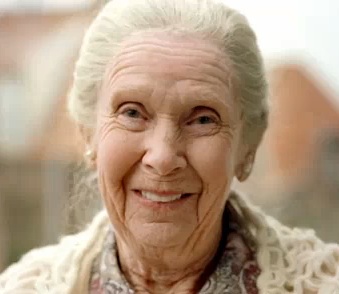“I remembered my
songs in the night.” Psalm 77:6
We were
standing in an old country church in South Dakota—tin ceilings. There had been some
additions: two wings had been added on either side of the front, far enough to
get in an extra two rows of pews. The carpet was new, the paint fresh, but the
place was, and still is, ancient, by prairie standards at least. It’s 130 years
old, and no matter how diligently its people keep the place up, the lines of
the whole old frame church still show its age.
My
immigrant great-grandparents once walked, weekly, through those same front
doors, then sat, with their five kids, beneath those tin ceilings. I’ve got history
in that old church—that’s what I was thinking that day. Even if I’m the first
great-grandchild, the first descendant in two generations ever to darken the
front door, part of me is here.
We’d just
come from an exhausting day along the Missouri River—some hiking, some
sight-seeing—and we were stopping at this non-descript country church in the
middle of a town well down the road toward dying. It was early June, and
beautiful—the sun radiant, the emerald land we’d been driving through seemed
empty of distraction and, honestly, full of God.
I don’t
know where the hymn came from, but it bubbled up from somewhere in my
childhood. I never considered it a favorite, hadn’t thought about it for years,
sung it for decades. Long ago it was chased from the hymnal by more peppy
stuff, I suppose. What came to me was a perfectly fitting opening line aboard a
haunting melody that seemed perfect for time and circumstance.
So I asked
the people whether they remembered “To the Hills I Lift My Eyes” from an old psalter.
Average age on the tour bus was sixty-ish. They shrugged their shoulders, but
that was enough of an assent, and besides I wasn’t about to be thwarted. So I
started in, grabbing a pitch out of nowhere, and soon enough they were all with
me because the first line hadn’t left anyone’s memory and it’s a very simple melody.
Together,
we pieced together the lyrics because some of us knew enough of the lines so
all of us could get through it without missing a beat.
The
bright sun outside suggested the threat of mid-summer heat, but there was not a
whisper of night in that church just then. I don’t care. When I hear Asaph’s
voice in this line—“I remembered my songs in the night”—I think of that moment in
that old church, and that moment’s blessedness, the joy of connecting with
something so much greater than me or us or any of our individual stories,
something ethereal. The only way to describe that moment was in music. I don’t
know that I understand how and why, but sometimes there’s a beatitude that’s
palpable in perfectly unreasonable things.
Those of
us who believe know the hefty comfort of faith that begins in a fulsome sense
of our belonging—we know whose we are.
I don’t
think there can be a doubt about Asaph; he was a worrier. But what he’s telling
us here in Psalm 77 is that the remembrance of things past—and especially the
memory of what could only be sung, could only be spoken in song—was itself a
testimony of an end to sadness. His remembered songs in the night didn’t end
his sadness—read on. But a song in the night reminded him that once, at least,
there was joy.
And if once, then why not again?







